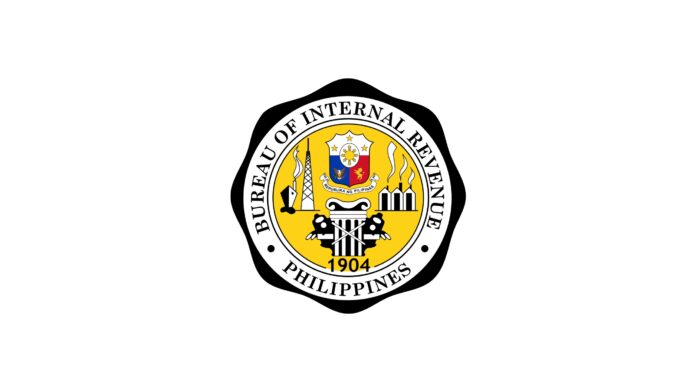The Bureau of Internal Revenue (BIR) wants the Professional Regulation Commission (PRC) to revoke the professional license of an accountant allegedly involved in a “ghost receipts” syndicate.
BIR Commissioner Romeo D. Lumagui Jr. on Tuesday filed an administrative complaint before the PRC against an unnamed accountant who allegedly allowed businesses to profit from fake receipts by evading taxes.
Lumagui said the accountant blatantly violated tax laws by intentionally examining, certifying, and signing fraudulent financial documents.
“As I have repeatedly stated, one of my major areas of concern in the BIR are aggressive and fearless enforcement activities,” Lumagui said.
“We have a list of all the buyers and sellers of these ghost receipts, including the accountants.”
Last March 16, the BIR filed criminal complaints against four corporations before the Department of Justice for violating the National Internal Revenue Code of 1997 and causing the government to lose P25.5 billion in foregone taxes.
They were identified as “ghost” corporations having no legitimate business activity and established primarily for the purpose of selling fictitious sales invoices and/or ghost receipts.
“The same accountant is also considered conspirator to the crime for the aforementioned fraudulent schemes committed by the alleged ghost corporations. He examined and audited their books of accounts,” BIR said.
“He certified audited financial statements containing essential misstatement of facts, in relation to the transaction, taxable income, and deduction of his clients, all in violation of Section 257 of the Tax Code,” the agency added.
Lumagui reminded certified public accountants (CPA) of the integrity inherently required in the practice of their profession.
“May the filing of this case and revocation of the CPA license serve as a reminder to all the accountants of the oath they undertook and sworn. I am warning all of you, I will not tolerate these kinds of fraudulent schemes happening under my watch,” Lumagui said.
“I will make sure that all tax dodgers including their respective accomplices will be punished accordingly,” he warned.
The Philippine Accountancy Act of 2004 provides that aside from a violation of the CPA’s Code of Ethics, a CPA license may also be revoked on the ground of unprofessional conduct, unethical conduct, or malpractice.







